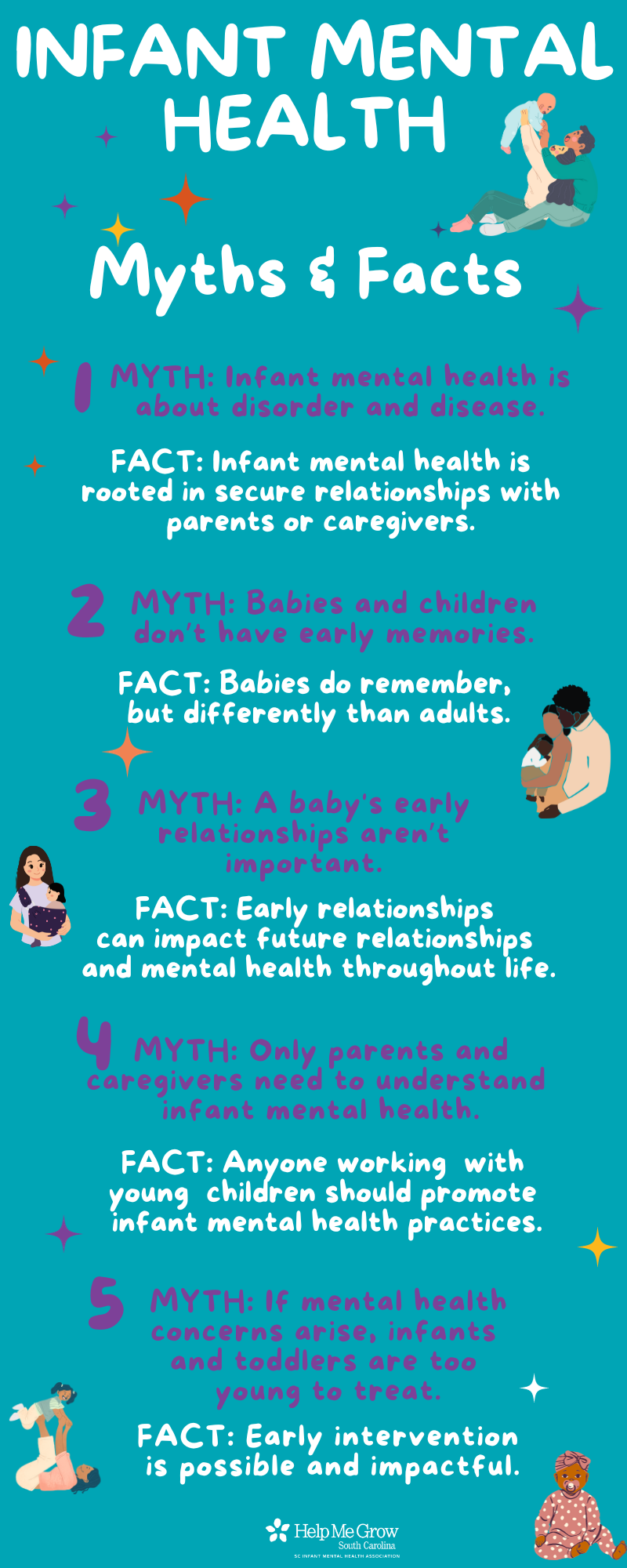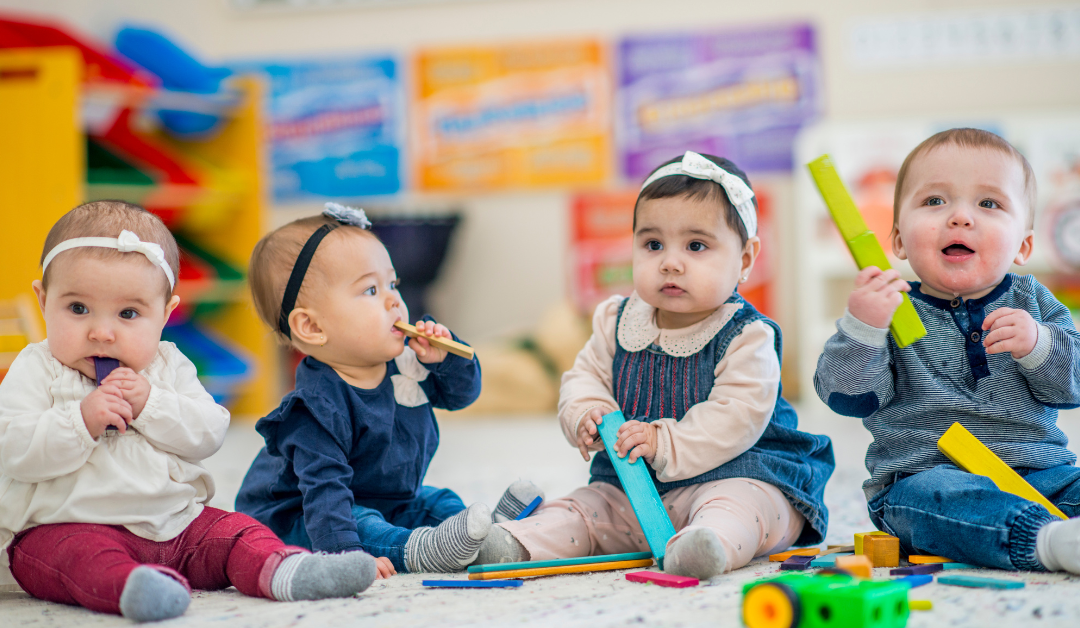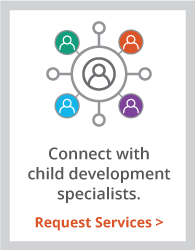Babies are our greatest explorers. Their natural curiosity drives their exploration.
Early on, everything they experience is new territory. But for babies to explore the world, they need to feel safe, secure, and confident.
And as a parent, one of your jobs is to support your baby in his exploration. A healthy and secure relationship with your baby will promote his exploration.
At Help Me Grow South Carolina, we understand this relationship is the cornerstone of infant mental health. We also know the stigma around mental health gets in the way of what we believe and understand to be true.
This is why we’re diving into the myths and misconceptions about infant mental health.
It’s time to reveal the truth!
Myth #1: Infant mental health is about disorder and disease.
Fact: Infant mental health is rooted in secure relationships with parents or caregivers.
Society is overrun with negative connotations about mental health.
The reality is, infant mental health isn’t associated with illness.
It’s rooted in the evidence-based belief that when a parent or caregiver establishes a secure and healthy relationship with their baby, the child will thrive.
This relationship is foundational for a baby’s mental health and their social, emotional, and cognitive development.
Myth #2: Babies and children don’t have early memories.
Fact: Babies do remember, but differently than adults.
Babies are fully-formed humans from the start. They’re born with a range of emotions and are capable of feelings from birth.
And those feelings aren’t forgotten.
Infant mental health expert and South Carolina Infant Mental Health Association CEO Kerrie Schnake explains:
“Infants do remember. We remember. Maybe not explicitly in a way that we can call it out and explain what it was like to be held when we were a baby. But our bodies remember. Our brains are wired based on those experiences.”2
Those early life experiences are a predictor of life-long mental health.
According to leading childhood development experts at Zero to Three, neural pathways are created each time a baby interacts with a parent or caregiver. These neural pathways shape “future social-emotional and cognitive functioning.”1
Whether you remember or not, you’re shaped by early interactions and experiences with your first caregivers.
Myth #3: A baby’s early relationships aren’t important.
Fact: Early relationships can impact future relationships and mental health throughout life.
Babies do more than quietly observe the world. They’re active participants in life. This includes their ability to form relationships.
Relationships with primary caregivers are at the center of a young child’s mental health.
Secure attachments become difficult if there’s trauma, neglect, or abuse. This places the child’s mental well-being in jeopardy.
But when a parent or caregiver consistently meets their baby’s needs, the baby forms a healthy bond with that adult. They learn the caregiver is dependable and trustworthy. They feel safe and secure to explore the world around them.
Myth #4: Only parents and caregivers need to understand infant mental health.
Fact: Anyone working with young children should promote infant mental health practices.
“Anyone who touches the lives of babies, young children, and their families can contribute to promoting infant and early childhood mental health” (Zero to Three)1.
If the old saying,“It takes a village,” ever rang true, it does with infant mental health.
Healthcare professionals, early childhood educators, and any professionals who work with babies and young children can contribute positively to a child’s mental health. All child-serving professionals can benefit from the message of social-emotional and relational work with babies.
Myth #5: If mental health concerns arise, infants and toddlers are too young to treat.
Fact: Early intervention is possible and impactful.
Early screening, referrals, and treatment are necessary to make a long-term impact.
We know that a parent or caregiver’s mental health and well-being impacts a baby’s mental health and well-being. Early intervention can include supporting the parent or caregiver as well as interventions to strengthen the parent-child relationship.
Early intervention also focuses on reducing risk factors like neglect, abuse, and parental mental health concerns, including substance abuse.
Find infant mental health support today.
You can make a difference in your child’s future through the relationship you develop with your baby. A secure child-parent connection is central to infant mental health and well-being.
Schnake sums up infant mental health this way:
“Each baby needs at least one healthy attachment to a caregiver who is promoting their learning, helping them explore the world and feel confident about who they are and that exploration.”2
If you’re an expectant parent or the parent of a child between zero and five and want more information about infant mental health, reach out to us by filling out a Service Request form here. At Help Me Grow South Carolina, our care coordinators are here to support your family.
To learn more about infant mental health, listen to our podcast Raising Relationships, Episode 1: Baby Love and Infant Mental Health. The podcast is supported by the South Carolina Infant Mental Health Association (SCIMHA).
Sources:
2 Raising Relationships, Episode 1: Baby Love and Infant Mental Health



